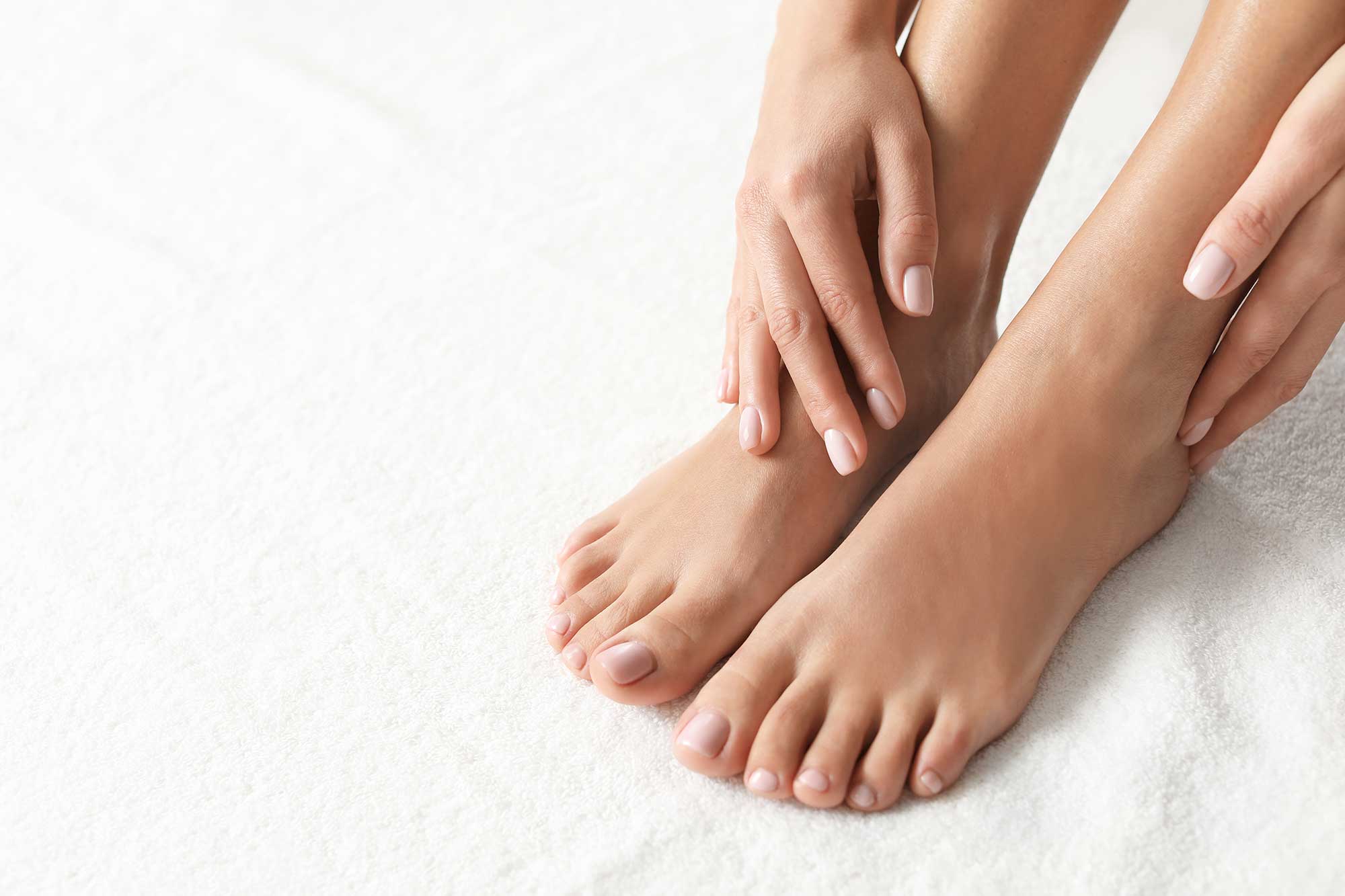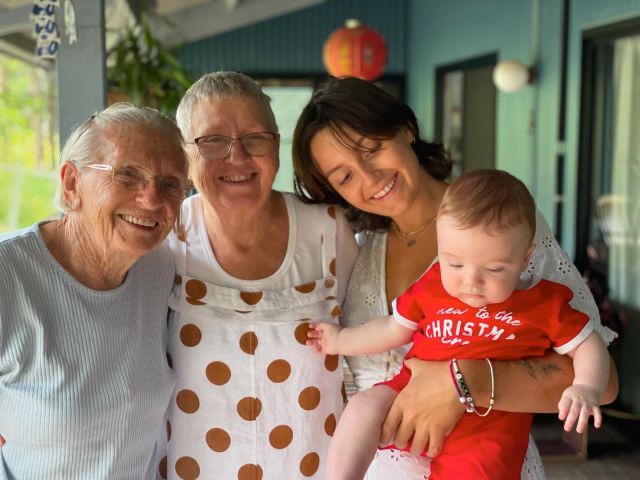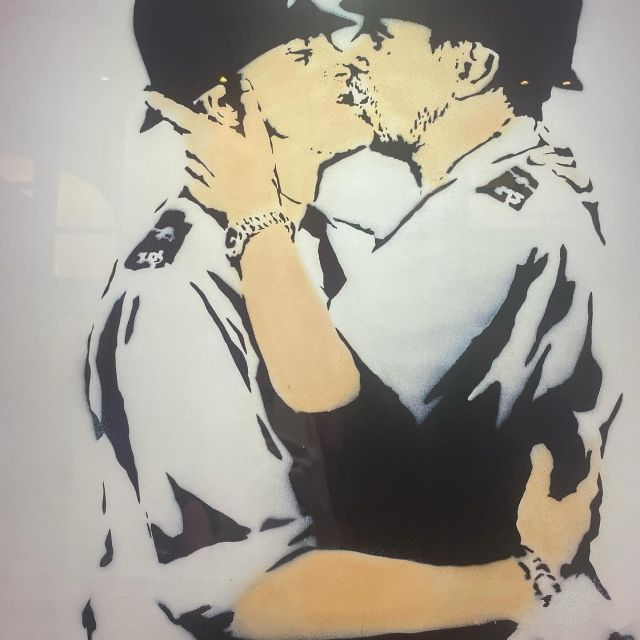According to the World Health Organisation, over 260 million people live with anxiety disorder; this is nearly 4% of the population, and since the global pandemic, these numbers have risen sharply.
Anxiety disorders are a group of mental health issues that include social phobias, specific phobias, panic disorders, and generalised anxiety disorders. Contrary to popular belief, someone dealing with anxiety doesn’t always display the symptoms as portrayed in the media, and anxiety can look like many different things depending on the person and their triggers.
Sufferers can live with mild anxiety symptoms that affect their life on a small scale in certain circumstances, i.e., fear of heights. This will only kick in when presented with a situation that takes a person above a height they are comfortable with, while others cannot leave their house or engage in social activities due to the severity of their anxiety and the symptoms it presents.
But if you’re living with anxiety, it can take its toll on your physical and mental health, so getting help and support is essential to avoid it taking over your life.
Therapy
Talking to a therapist either in person or via an online therapy session can allow you to talk to someone who understands what you are experiencing and help you develop coping mechanisms to help you reduce the impact anxiety has on you. You can discuss your fears, why you feel this way, what you think will happen, and how to work towards overcoming this for a better quality of life.
Medication
Depending on the severity of your symptoms, your doctor might prescribe medications for anxiety to help you improve your mental health and give you. Medication isn’t always suitable, but your doctor will discuss this with you as an option if it’s appropriate.
Exercise
Exercise is often seen as a cure-all for many ailments but regarding mental health disorders. Exercise calms the nervous system and can be effective in the post-fight or flight response or as a way to boost serotonin and release endorphins, making you feel better mentally. With this boost, you can work towards addressing your anxieties or as a release or let off steam when you have pushed past your tolerance level.
Breathing
Breathing techniques aren’t just useful for when you feel things are spiralling out of control; they can be effective for getting you in the right mindset before things reach this point, too. There are many breathing techniques online for you to look up and try to see which one works for you.
One is the 487 technique, which requires you to breathe in at the count of 4, hold your breath to 7, and then breathe out to the count of 8, letting out a whoosh sound when you do, and repeat until you feel calmer. Another popular method is the 444 or box breathing technique. You breathe in for 4, hold your breath for 4, release your breath to 4, pause for 4 and start again. Find a breathing pattern that works for you and allows you to catch your breath, calm down and settle your worries.
Anxiety isn’t something to be dismissed as trivial, far from it. Learn some techniques to help you manage your symptoms and work with your doctor and mental health professionals to hope you overcome your anxiety triggers and improve your life.

















